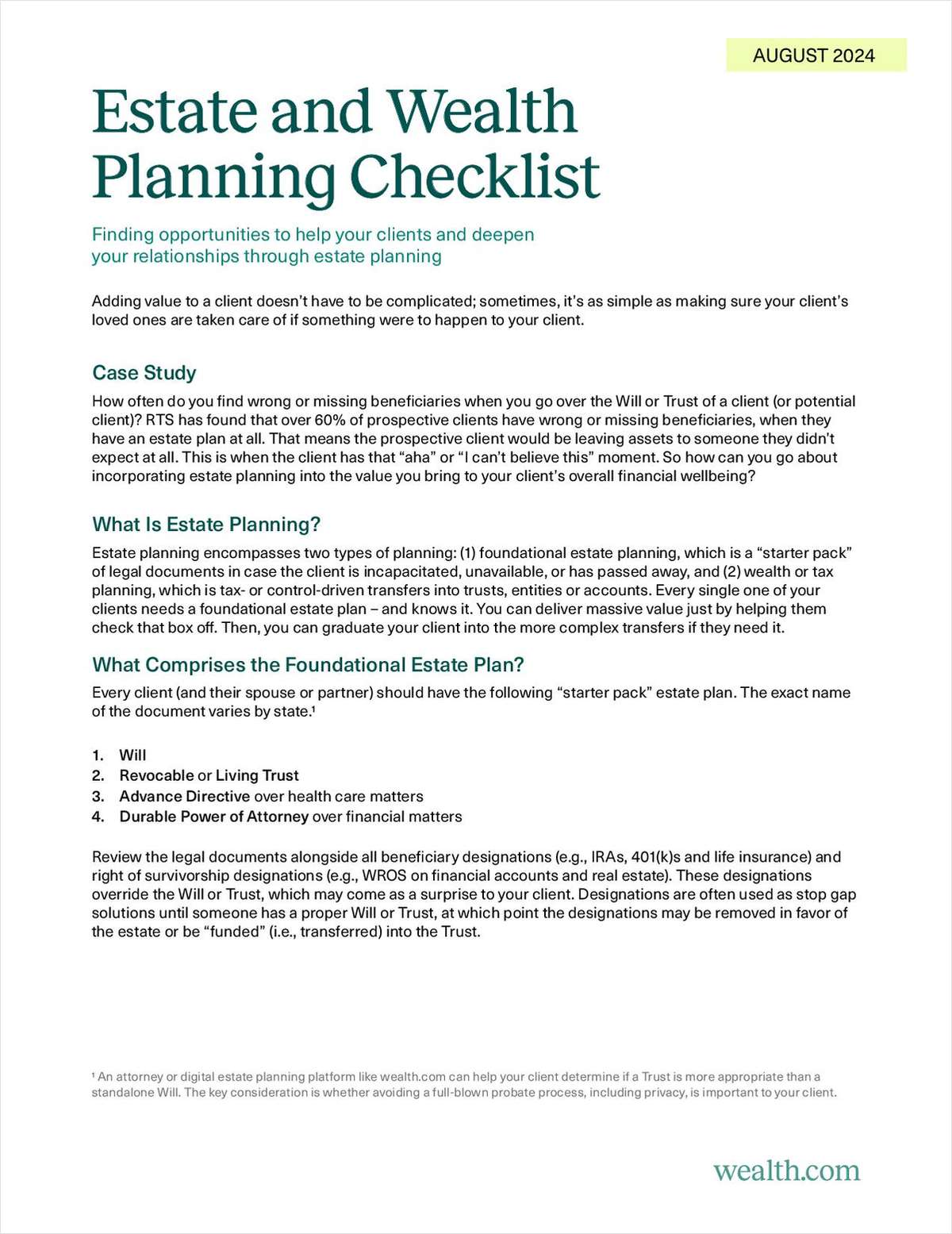The very first Borders in Ann Arbor, Mich., was officially closed at press time, and further closures of the bankrupt chain are gaining pace. It seems like not so long ago that these large well-stocked bookstores proliferated everywhere, offering quality, selection and price benefits — even coffee and pastries. Sure, critics complained they killed the independent mom-and-pop shop but consumers weren't complaining. Now it is Amazon that has consumed Borders, as consumers acquire their books online while drinking their Green Mountain coffee at home.
The shuttered storefront has become a symbol of our times, and probably does more to discourage consumers than all the grim macroeconomic news relating to employment, debt and economic stagnation. That is because signs we see or experience ourselves — whether for-sale or for-lease signs that never seem to come down or potholes that never seem to get filled — make a more powerful impression on us than mere data.
Currently, the data borders on apocalyptic. Worries about European financial institutions are particularly frightening because the sovereign debt they own could take them and their economies down, and swap agreements tie their large banks to ours. So the tenor of much of the news remains negative, with eminences such as economist Nouriel Roubini and DoubleLine bond manager Jeffrey Gundlach urging investors to get out of stocks. Short interest is at a two-year high.



